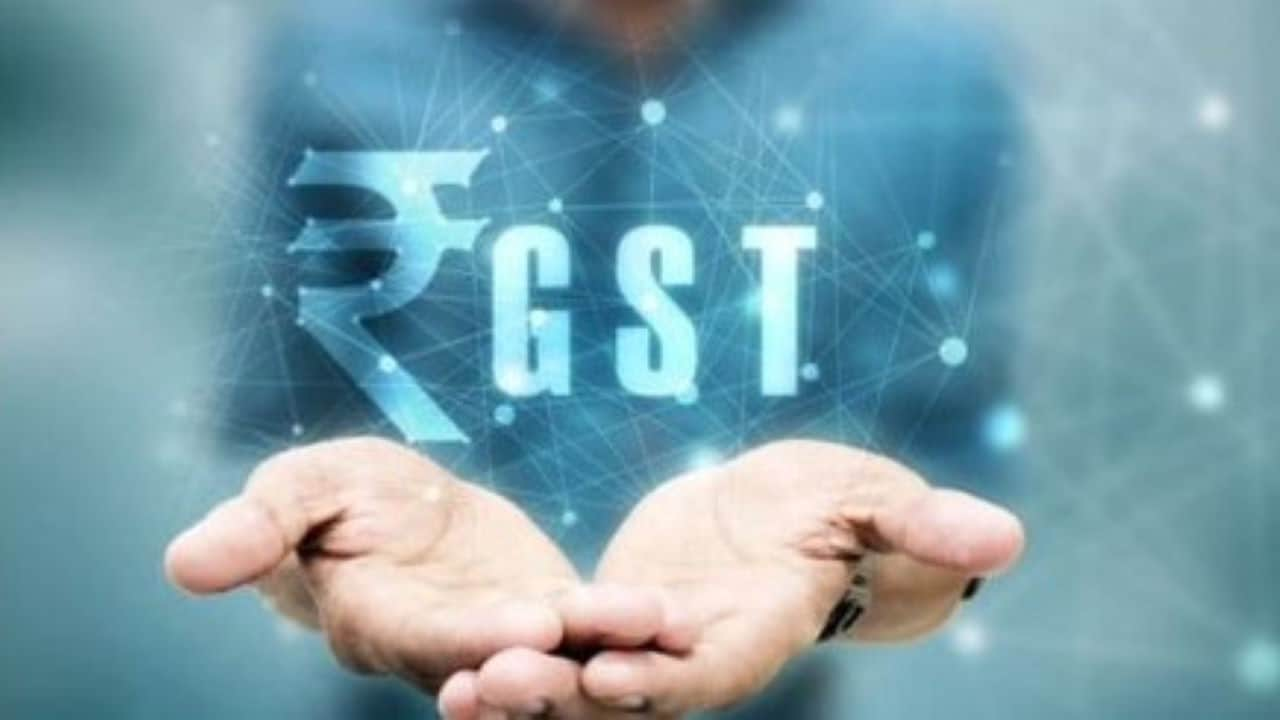Advertisement. Remove ads.
GST rate cuts to revive demand, magic price points to return: Dabur’s Mohit Malhotra
"About 20-30% of consumption comes down from ₹1 to ₹0.93—it might not look like much, but the demand is going to move. This is going to improve consumption, particularly for middle-class households," Malhotra said at Network 18's Reforms Reloaded.

Share this article
Dabur India CEO Mohit Malhotra expects the sweeping GST reforms and rate cuts to provide a strong consumption boost, especially at a time when demand was at cyclical lows.
"About 20-30% of consumption comes down from ₹1 to ₹0.93—it might not look like much, but the demand is going to move. This is going to improve consumption, particularly for middle-class households," Malhotra said at Network 18's Reforms Reloaded.
He explained that households with a monthly expenditure of around ₹25,000 could see an annual savings impact of ₹1,000–₹2,500, directly translating into additional disposable income. "That’s the kind of boost which can restart discretionary spending," he added.
Magic Price Points Back in Play
Malhotra stressed that India’s consumer market thrives on so-called "magic price points"—₹1, ₹5, ₹10, ₹15, and ₹20 packs—that account for nearly 25–30% of FMCG consumption. "The reforms will bring back these price points, with commensurate grammage increases, and we estimate a 500–600 basis points boost in demand from this shift alone," he said.
Rural vs Urban Demand
While rural demand has been steadily improving, Malhotra believes the GST cuts could resurrect lagging urban consumption. "We expect at least 300 basis points increase in overall consumption, with urban demand catching up," he noted.
Impact on Industry Structure
The Dabur chief also highlighted the structural shift the reforms could drive in favour of organised players. "GST reforms will help shift consumers from unorganised to branded products. For example, in categories like toothpaste and ayurvedic medicines, these reforms will enable swadeshi players like us to compete more fairly with global MNCs whose royalties flow overseas," he explained.
However, he cautioned that the withdrawal of area-based GST benefits may pose challenges. "We may have to relook at relocating capacities since local incentives will no longer be available," he said.
Swadeshi Focus
Reiterating Dabur's positioning, Malhotra said, "We are the world’s largest ayurvedic player. From Chyawanprash to ayurvedic medicines, the thrust for Dabur is to do things the swadeshi way. These reforms will help Indian brands like ours compete on equal footing globally."
Also Read: 2027 will be a lift-off year for profitability and consumption, says IDFC First Bank's V Vaidyanathan
Read about our editorial guidelines and ethics policy"About 20-30% of consumption comes down from ₹1 to ₹0.93—it might not look like much, but the demand is going to move. This is going to improve consumption, particularly for middle-class households," Malhotra said at Network 18's Reforms Reloaded.
He explained that households with a monthly expenditure of around ₹25,000 could see an annual savings impact of ₹1,000–₹2,500, directly translating into additional disposable income. "That’s the kind of boost which can restart discretionary spending," he added.
Magic Price Points Back in Play
Malhotra stressed that India’s consumer market thrives on so-called "magic price points"—₹1, ₹5, ₹10, ₹15, and ₹20 packs—that account for nearly 25–30% of FMCG consumption. "The reforms will bring back these price points, with commensurate grammage increases, and we estimate a 500–600 basis points boost in demand from this shift alone," he said.
Rural vs Urban Demand
While rural demand has been steadily improving, Malhotra believes the GST cuts could resurrect lagging urban consumption. "We expect at least 300 basis points increase in overall consumption, with urban demand catching up," he noted.
Impact on Industry Structure
The Dabur chief also highlighted the structural shift the reforms could drive in favour of organised players. "GST reforms will help shift consumers from unorganised to branded products. For example, in categories like toothpaste and ayurvedic medicines, these reforms will enable swadeshi players like us to compete more fairly with global MNCs whose royalties flow overseas," he explained.
However, he cautioned that the withdrawal of area-based GST benefits may pose challenges. "We may have to relook at relocating capacities since local incentives will no longer be available," he said.
Swadeshi Focus
Reiterating Dabur's positioning, Malhotra said, "We are the world’s largest ayurvedic player. From Chyawanprash to ayurvedic medicines, the thrust for Dabur is to do things the swadeshi way. These reforms will help Indian brands like ours compete on equal footing globally."
Also Read: 2027 will be a lift-off year for profitability and consumption, says IDFC First Bank's V Vaidyanathan
Subscribe to The Daily Rip India
All Newsletters
The most relevant Indian markets intel delivered to you everyday.

/filters:format(webp)https://news.stocktwits-cdn.com/large_Gold_Gld_Jul_673d42c566.webp)
/filters:format(webp)https://st-everywhere-cms-prod.s3.us-east-1.amazonaws.com/Rounak_Author_Image_7607005b05.png)
/filters:format(webp)https://st-everywhere-cms-prod.s3.us-east-1.amazonaws.com/large_stock_rising_resized_f17852d7aa.jpg)
/filters:format(webp)https://st-everywhere-cms-prod.s3.us-east-1.amazonaws.com/unnamed_jpg_9dff551b50.webp)
/filters:format(webp)https://news.stocktwits-cdn.com/large_Molson_Coors_jpg_58160a41bf.webp)
/filters:format(webp)https://news.stocktwits-cdn.com/IMG_4530_jpeg_a09abb56e6.webp)
/filters:format(webp)https://news.stocktwits-cdn.com/large_Stock_chart_jpg_6c4cc95d17.webp)
/filters:format(webp)https://news.stocktwits-cdn.com/large_bitcoin_market_OG_jpg_d210be1ff7.webp)
/filters:format(webp)https://st-everywhere-cms-prod.s3.us-east-1.amazonaws.com/Prabhjote_DP_67623a9828.jpg)
/filters:format(webp)https://news.stocktwits-cdn.com/shivani_photo_jpg_dd6e01afa4.webp)